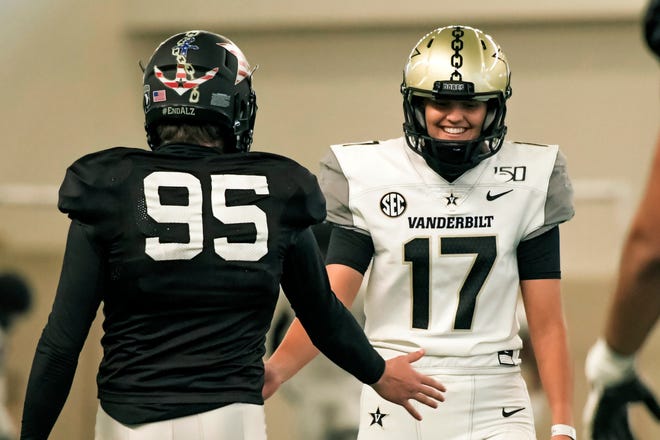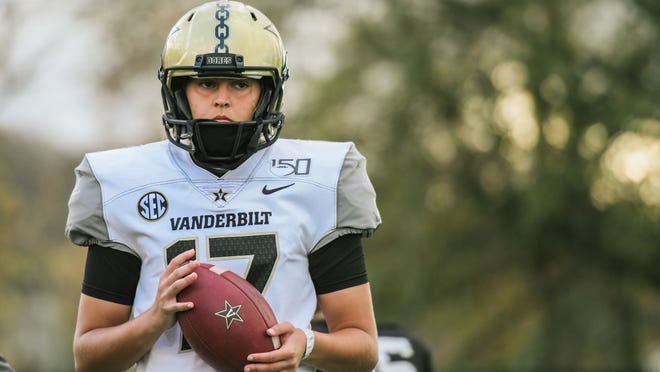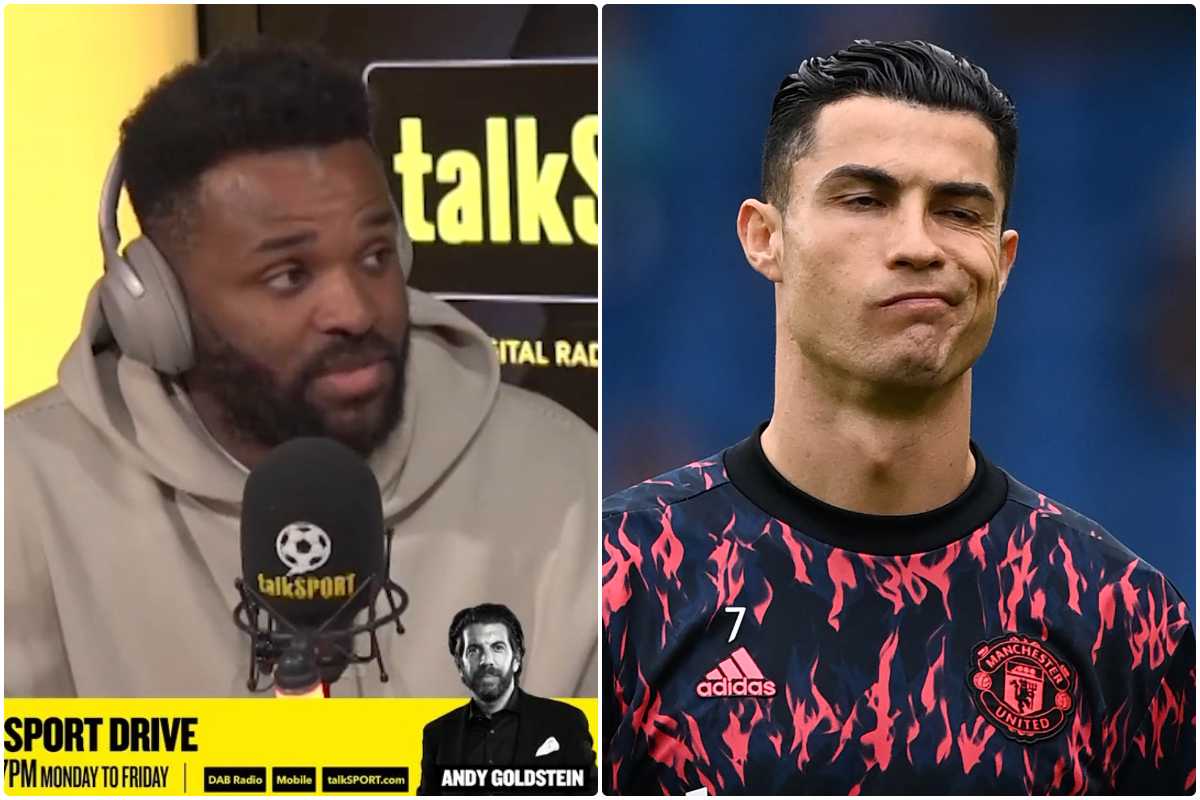Sarah’s story on the soccer field has no shortage of fascinating details since 1994. Now, she finally earned her first start in “Power 5” football game. Sarah is a talented kicker which could be the reason she was chosen for this role in 2020.
According to a report by Simon Gibbs in Vanderbilt’s student newspaper, Fuller’s call-up wasn’t a “performance-related decision.” (Given that Vanderbilt’s football team is currently 0-7 on the season – and 3-7 in field goals – perhaps it should have been performance-related.) Instead, with many specialists in COVID-19 related quarantines – and graduate transfer kicker Oren Milstein opting out of the season – there was a roster spot to fill. And given Fuller’s recent success on the soccer pitch, she got the call.
However, Fuller’s fast ascent – and the news articles documenting it – are representative of a larger problem that female athletes face in the fight for better treatment. For male athletes to receive media coverage, the bar is not particularly high. But for female athletes to receive the same spotlight, it isn’t as easy as just playing their sport.
Fuller was asked to join the Commodores’ football team this week after COVID-19 contact tracing depleted the roster of specialists. Last Sunday, she led the Vanderbilt soccer team to an SEC tournament title.
She follows New Mexico’s Katie Hnida (2003) and Kent State’s April Goss (2015), who both scored points as kickers in FBS games, though in Group of Five conferences.
Fuller had “Play Like a Girl” written on the back of her helmet.

Women have made a few appearances in college football games since 1997, when Liz Heaston kicked two extra points for Willamette, then an NAIA program.









